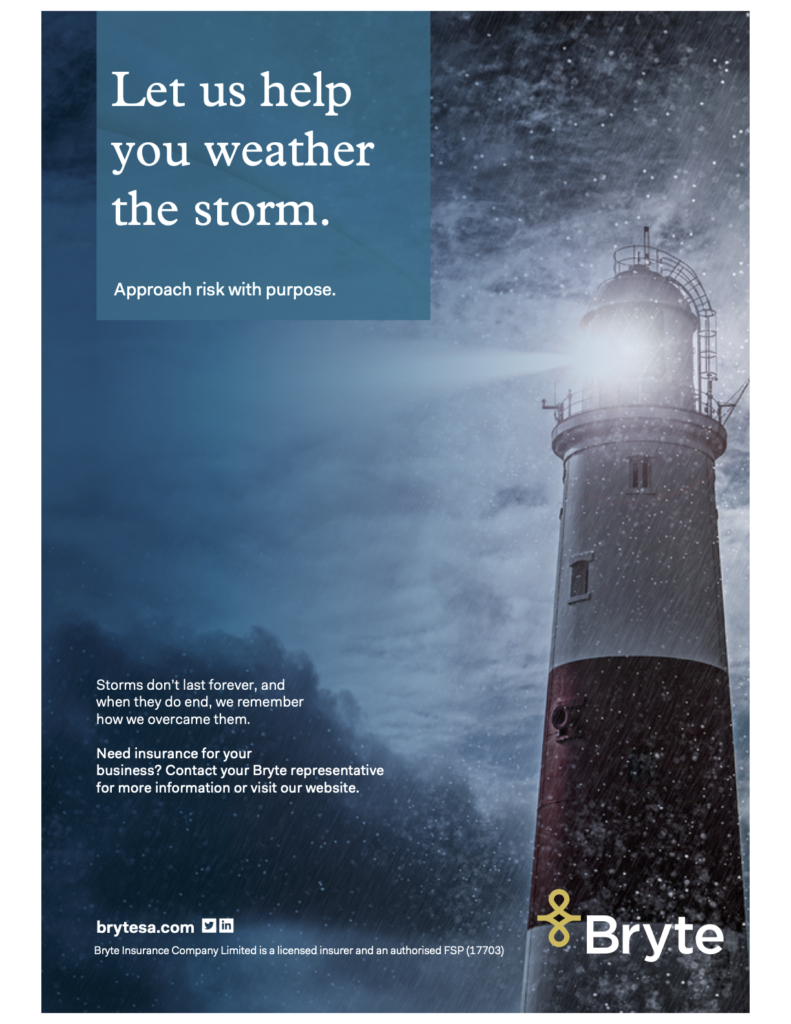Allan Gray Investment Management
With the festive season around the corner, investors may be tempted to disregard some of their long-term financial goals in favour of fulfilling short-term needs and wants.
Now is an opportune time to have honest conversations with your clients and remind them about the importance of having a solid financial plan, not being tempted to stray or dip into the cookie jar. These conversations are particularly relevant now given that long-term financial security is a goal that may seem out of reach to many in the wake of the COVID-19 pandemic and the financial devastation wrought by lockdowns. The below provides vital investment lessons from various people at Allan Gray along with some strategies you can discuss with your clients.
Doing nothing is sometimes the best course of action
( Radhesen Naidoo, Head of Orbis Client Servicing in South Africa )
During the COVID-19 pandemic, many investors who perhaps had only been investing or saving for the prior five to 10 years, had their first experience of market extremes and investor panic. At the end of March 2020, looking at one’s investment portfolio balance could have been sobering. As with all things, there are going to be ups and downs – but understandably, seeing the value of a portfolio fluctuate stirs up emotions. It is only natural to want to do something, anything, to improve the portfolio’s position. However, these decisions can prove costly. It is during these periods that precisely the opposite can be more rewarding. If investors remained calm and did nothing when markets fell last year, they may be finding that they would be in a better position today. While markets will not stop being volatile, the long-term decision to stay the course – something a good, independent adviser can help with – has an important role to play in mitigating impulses to act.
Stick to your long-term strategy
( Grant Pitt, Joint Head of Institutional Clients )
During the COVID-19 sell-off of March 2020, conviction would have been tested with the sharp drop in asset prices. Trying to de-risk an investment by “temporarily” switching to money market funds may have sounded appealing, but the future is always difficult to predict. The rebound in asset prices proved to be stronger than anticipated and followed a V-shaped and not W-shaped recovery pattern despite a low probability of vaccines at the time. In addition, once an investor de-risks a long-term investment, psychologically it becomes increasingly difficult to reinvest in the appropriate long-term strategy – particularly if the market doesn’t behave how you expect it to.
Invest offshore consistently
( Tamryn Lamb, Head of Retail Distribution )
South Africans tend to shift quickly between pride and despair – feeling both in equal measures. Decisions regarding how much to invest offshore versus onshore tend to get swept up in this rollercoaster, so it is perhaps no wonder that investors struggle to adopt and stick to long-term strategies. I tell my kids that when it comes to investing, make sure you aren’t buying two houses on the same street and that your portfolio is “travelling” more frequently than you are. We tend to get tripped up by timing, with the most frequently asked question being: When is a good time to go offshore? The answer is simple: Now. There are so many factors that need to be in place for there to be perfect alignment, so it makes sense to get started on a long-term plan when circumstances allow. Investing offshore in a regular pattern helps to smooth out currency volatility, reduce timing risk and make the question of “when” less important.
Most of all, a long-term plan should not get impacted by short-term swings in sentiment about the country. In 2020, the rand fluctuated from R14 per US dollar at the beginning of the year to around R19 during the peak of the pandemic, and then back down to R14.60 by the end of the year. Investors panicked, making big shifts offshore following sharp periods of rand depreciation, incurring losses by using a weak rand to buy more expensive global assets.
Sometimes it is better to ignore the noise; no reaction can be the best course of action.


